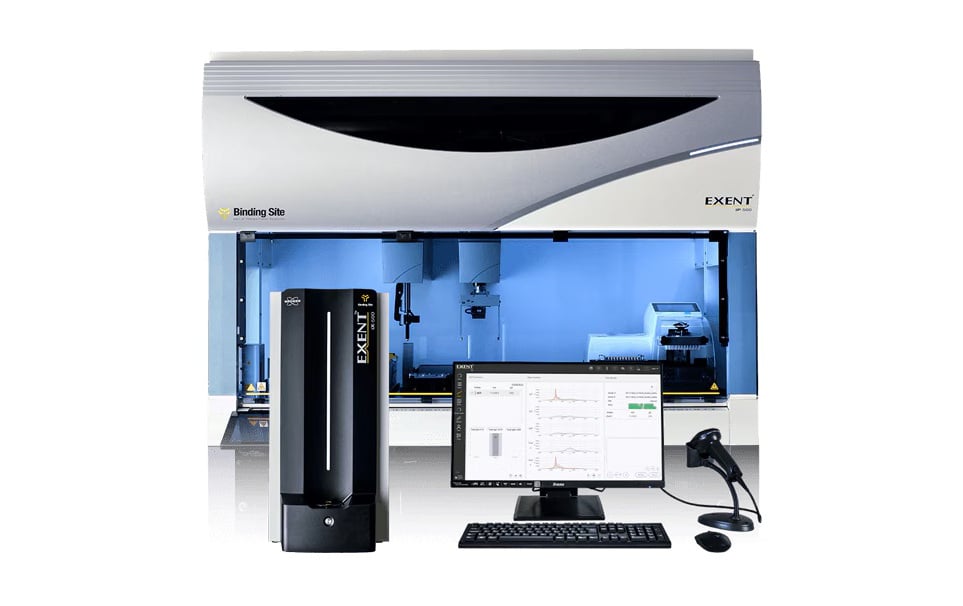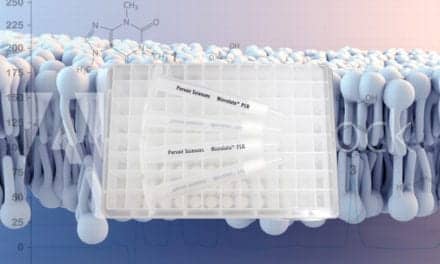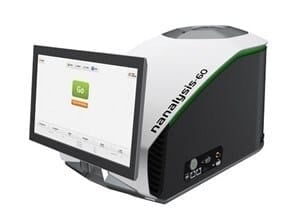Summary: Thermo Fisher Scientific’s EXENT System, now authorized for clinical use in Australia, offers advanced mass spectrometry capabilities for sensitive detection and monitoring of monoclonal gammopathies, including multiple myeloma.
Key Takeaways:
- Enhanced Sensitivity: The EXENT System’s advanced mass spectrometry technology detects low levels of M-protein in serum, surpassing conventional methods and allowing for more precise disease monitoring.
- Broad Clinical Application: With its regulatory approval, the EXENT System is available in multiple countries, providing clinicians in regions like Australia, the UK, and Europe with new diagnostic capabilities for monoclonal gammopathies.
- Improved Patient Management: By enabling sensitive M-protein measurement, the EXENT System supports clinicians in assessing patient response to treatment, detecting stable disease, and identifying potential relapse earlier in the treatment journey.
Thermo Fisher Scientific received regulatory authorization for the clinical use of its EXTENT System, a fully integrated and automated mass spectrometry solution, in Australia. The system is designed to transform diagnosis and assessment for patients with monoclonal gammopathies, enabling M-protein identification and measurement in serum with enhanced sensitivity beyond conventional methods.
About Thermo Fisher’s Extent System
Using a simple serum test, the EXENT System empowers clinicians to effectively diagnose and monitor patients with monoclonal gammopathies, including multiple myeloma, throughout their treatment journey with enhanced analytical sensitivity and specificity. The measurement of a patient’s M-protein over time helps inform whether a patient is responding to treatment, has stable disease, or may be relapsing.
Impact of Multiple Myeloma
According to the International Myeloma Foundation, over 176,000 new cases of multiple myeloma are reported globally each year. With treatment advancements in recent years, many patients are achieving M-protein concentrations below detectable limits using conventional techniques. However, differences in disease progression persist within this group, implying that our current blood-based technologies fail to identify residual disease that may account for the difference in patient outcomes.
The EXENT System addresses this unmet clinical need for more sensitive blood-based analytical methods that can help differentiate between patient subsets, the company says. The ability to measure low levels of M-proteins undetected by conventional blood-based technologies can help inform the timing of a bone marrow biopsy to look for residual disease.
Further reading: Thermo Fisher Scientific Launches Mass Spectrometers to Simplify Trace Elemental Analysis
With the latest regulatory authorization and clinical validation, the EXENT System is now available for clinical use in Belgium, France, Germany, Italy, the Netherlands, New Zealand, Spain, United Kingdom, Switzerland and Australia.
Featured image: EXENT-iQ500 (right), EXENT-iX (right), EXENT-iP 500 (left). Photo: Thermo Fisher
EXENT, EXENT-iP500, EXENT-iX500, EXENT-iQ, and Optilite are registered trademarks of The Binding Site Group Limited (Birmingham, UK) in certain countries.





